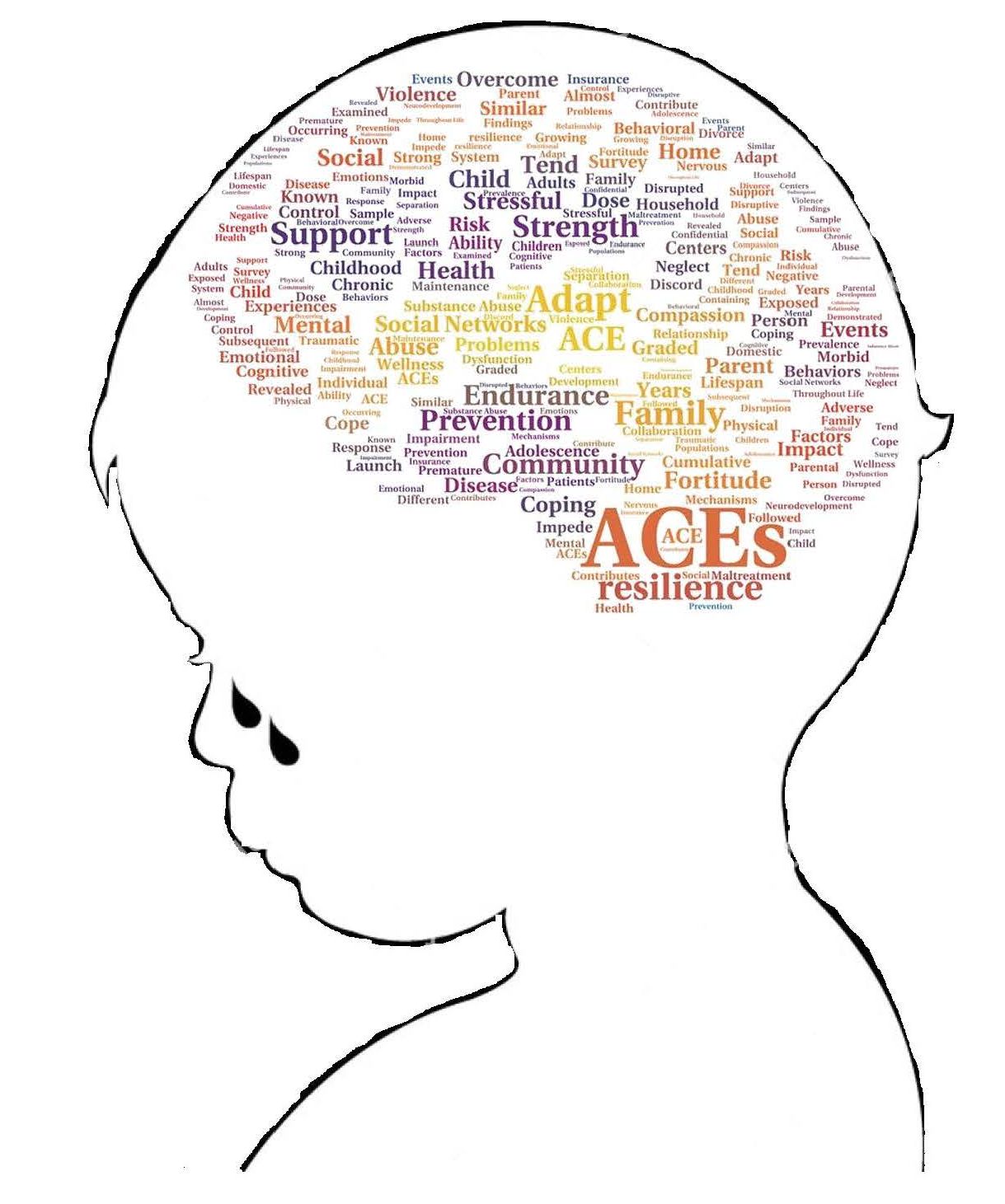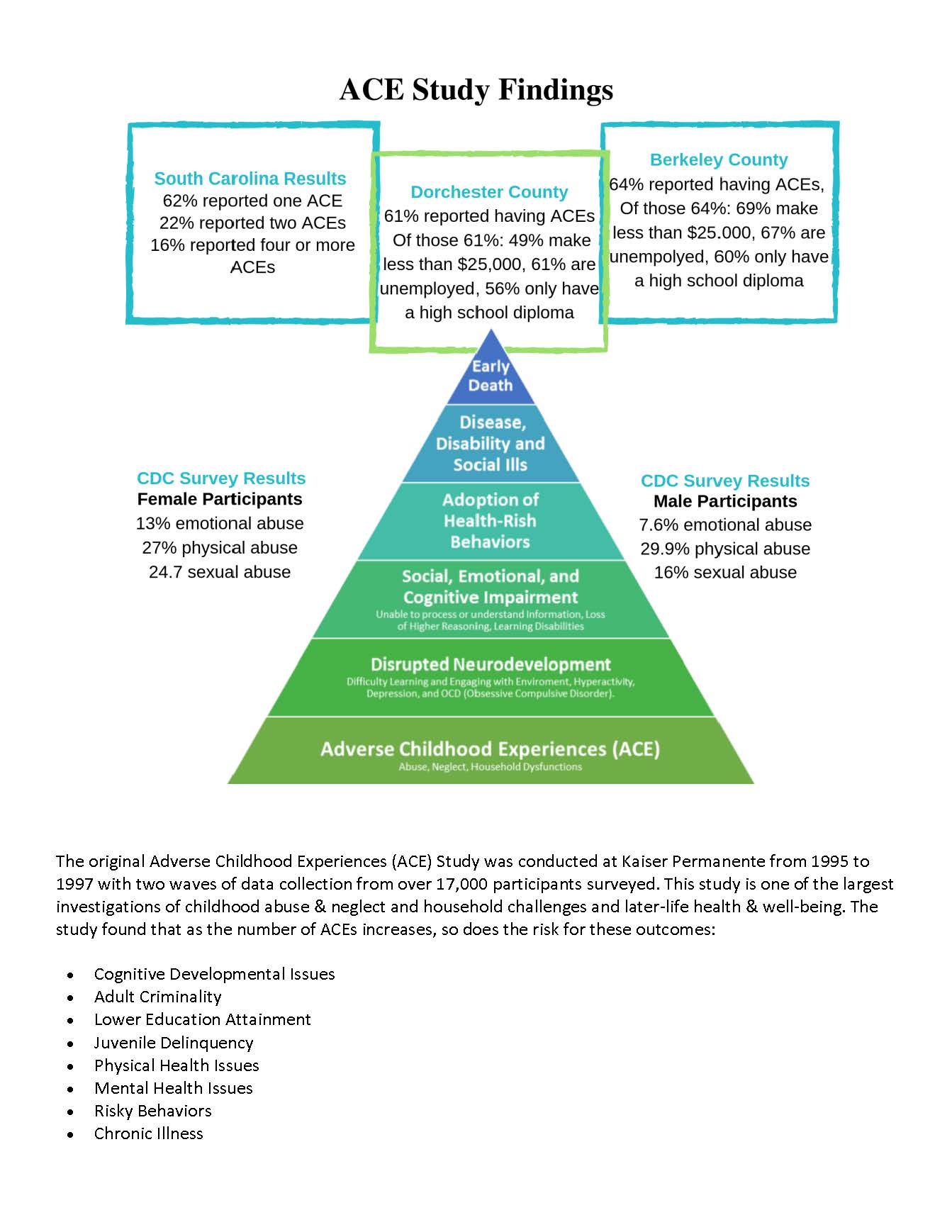Utilizing the ACES Assessment
See What Participants are Saying About This Course

Course Summary:
Adverse Childhood Experiences (ACEs) are traumatic events that occur in childhood. ACEs can include violence, abuse, and growing up in a family with mental health or substance use problems. Toxic stress from ACEs can change brain development and affect how the body responds to stress. ACEs are linked to chronic health problems, mental illness, and substance misuse. When children are overloaded with stress hormones, they are in flight, fright or freeze mode. They are unable to learn in school. They often have difficulty trusting adults or developing healthy relationships with peers. To relieve their anxiety, depression, guilt, shame, and/or inability to focus, they turn to easily available biochemical solutions — nicotine, alcohol, marijuana, methamphetamine — or activities in which they can escape their problems — proliferation of sex partners, and work/over-achievement. (e.g., Nicotine reduces anger, increases focus and relieves depression. Alcohol relieves stress.) Using drugs or overeating or engaging in risky behavior leads to consequences as a direct result of this behavior. During this highly interactive, Evidence Based course, participants will study the ACEs Assessment and learn how to identify ACEs during conversations with clients and how to apply findings to case plans & programming in compliance with Title 15, Section 1371.
Upon completion, participants will be able to:
• List the ten questions on the ACEs assessment;• List four impacts of an ACEs score of four or more;
• List 6 resiliency factors according to ACEs Resiliency Assessment;
• Identify one individualized component of a case plan;
• Identify one individualized component of programming pursuant to Title 15, Section 1371.

Instructor Specialty: Jamie has received over 2,000 hours of specialized training around neurobiological reactions to fear, neuro linguistic programming and most recently completed The Treating Trauma Series with The National Institute for the Clinical Application of Behavioral Medicine (NICABM). Her use of tools can be immediately utilized by staffto identify personal triggers and reactivity when under stress. Her extensive work with emotional intelligence and neurobiological responses that occur in emergent situations bring the student myriad tools to manage their personal and professional lives.